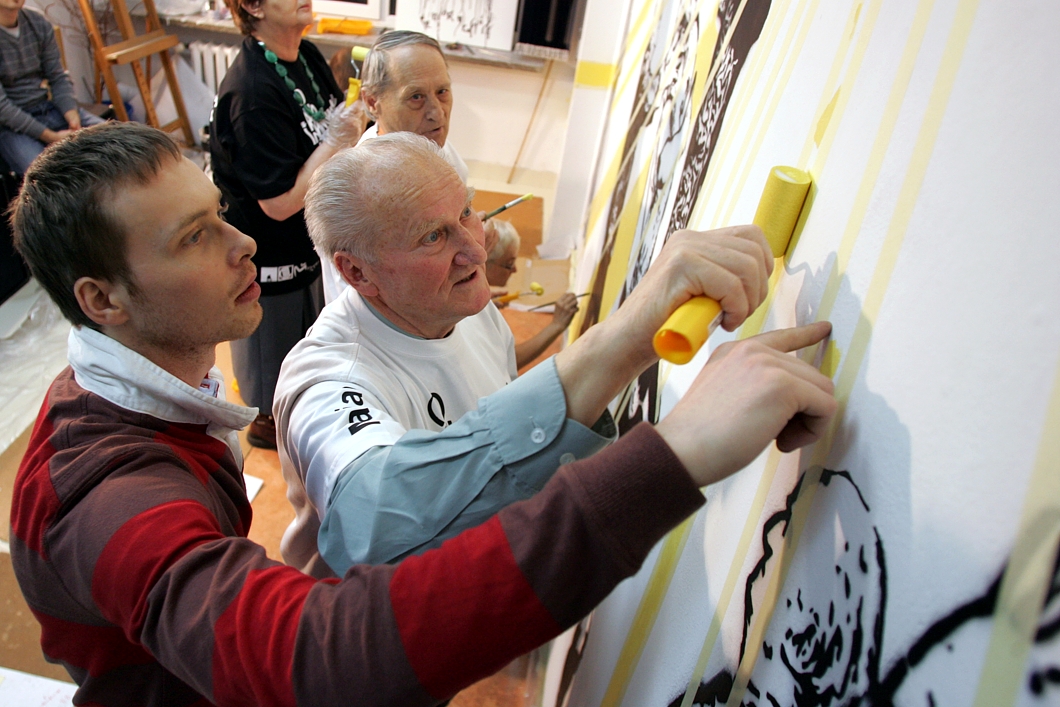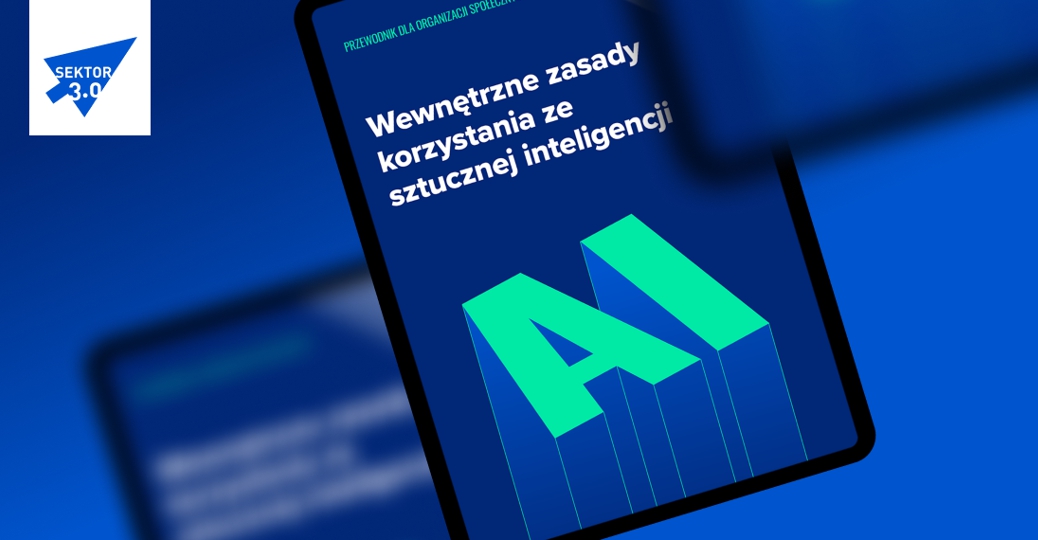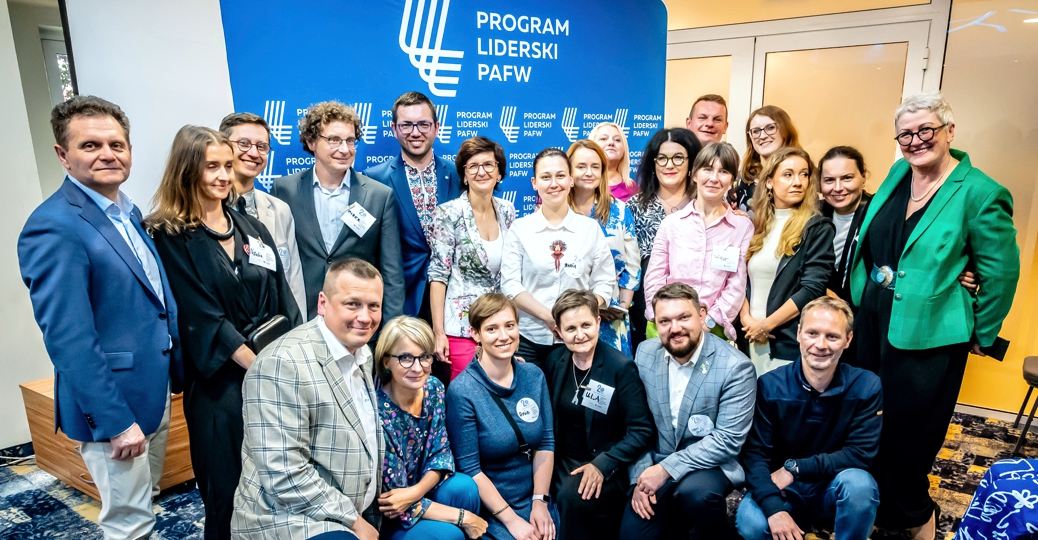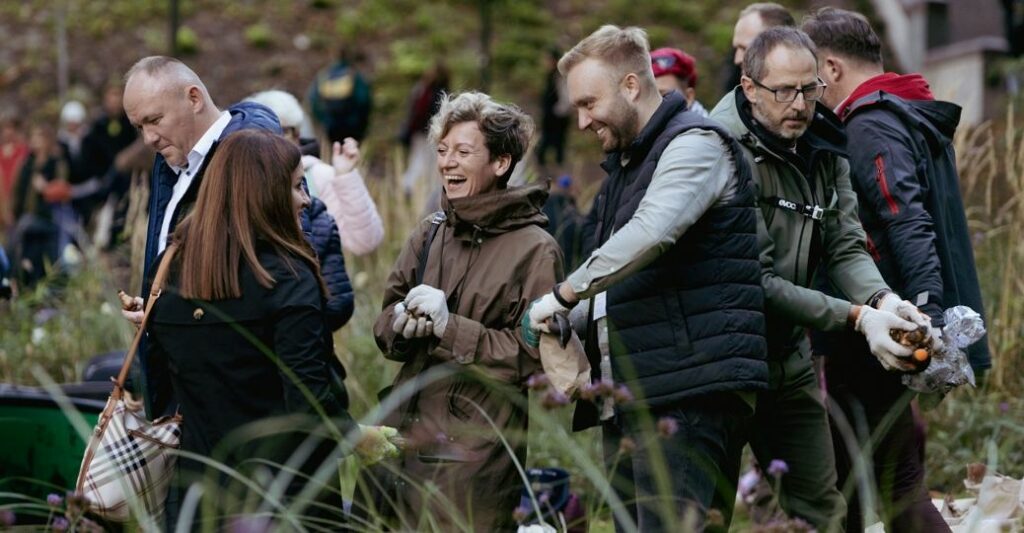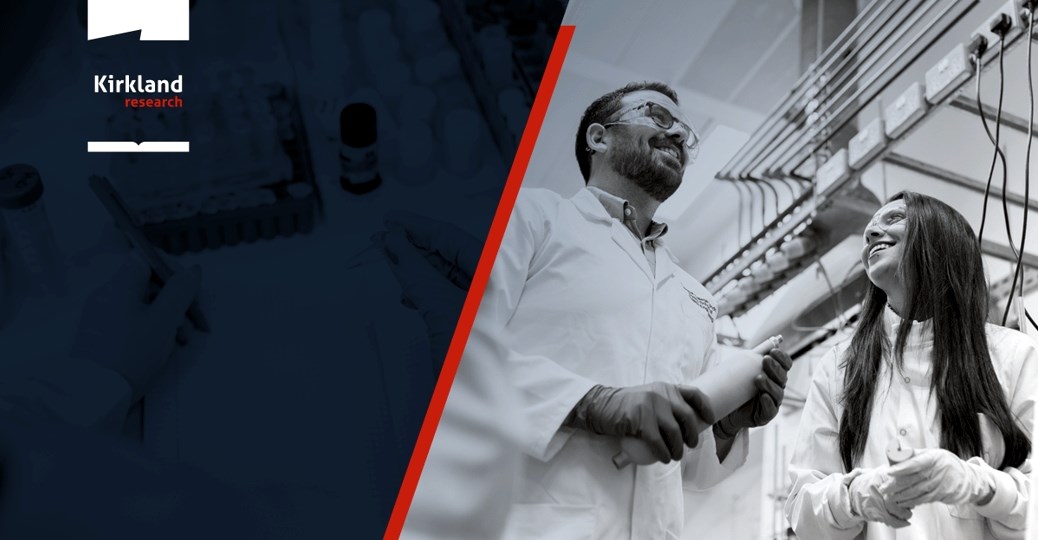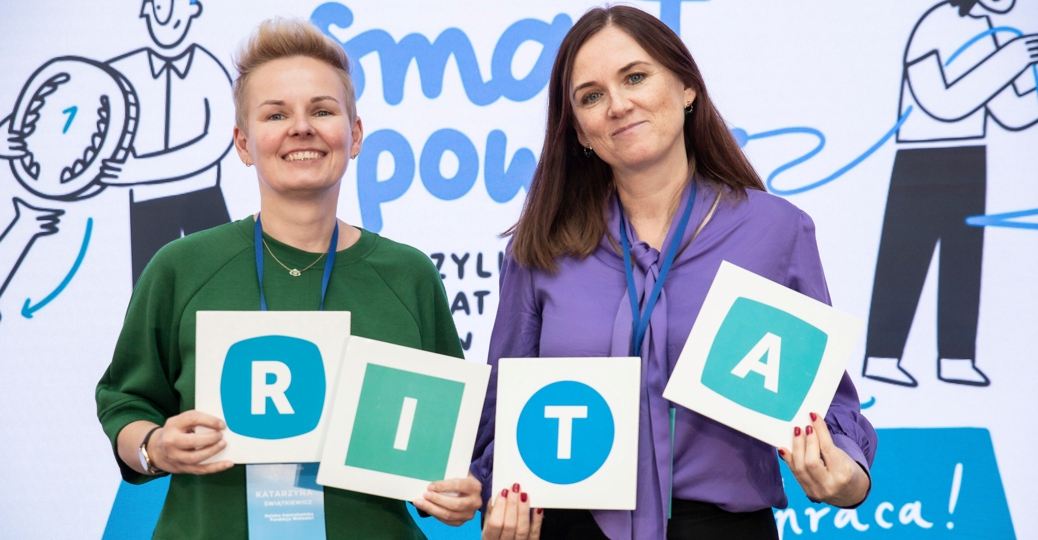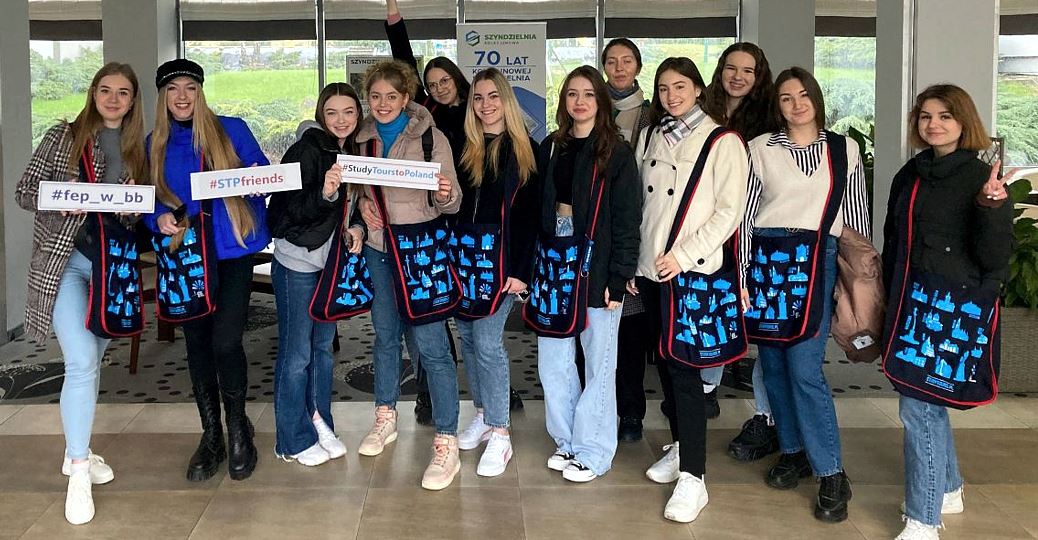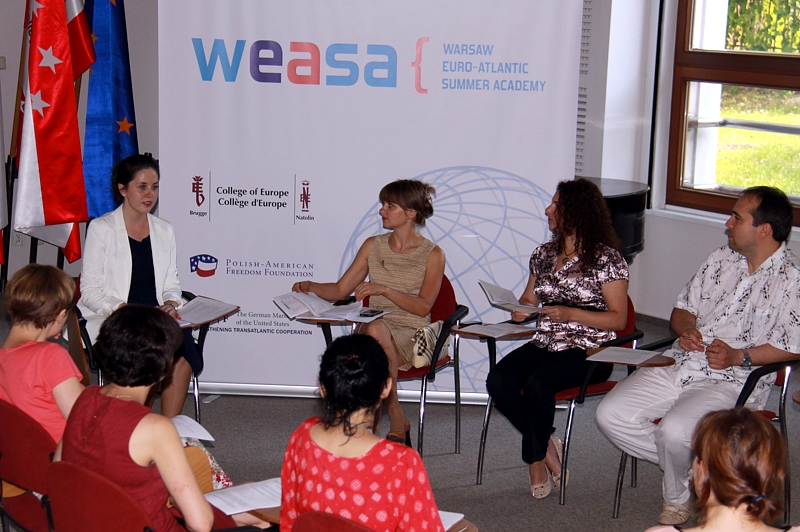For two weeks, between July 15-26, in the College of Europe in Natolin, in Warsaw, the first edition of the Warsaw Euro-Atlantic Summer Academy – WEASA was being held.
As part of the undertaking 44 young analysts, experts and consultants in the fields of international affairs and transformation, coming from Armenia, Azerbaijan, Belarus, Georgia, Moldova and Ukraine were taking parts in classes conducted by Polish and foreign lecturers. The WEASA’s goal is to broaden knowledge and share experiences of European integration, political system transformation and Euro-Atlantic relations with experts and analysts from the East. It also provides an opportunity for establishing a contact network.
On July 15 an inaugural ceremony of the school was held at Natolin with the participation of representatives of the co-organizing institutions – Ewa Ośniecka-Tamecka, Vice-Rector of the College of Europe; Jerzy Koźmiński, President&CEO of the Polish-American Freedom Foundation; and Michał Baranowski, Director of the German Marshall Fund Office in Warsaw. They all emphasized that Warsaw Euro-Atlantic Summer Academy – WEASA is the first and unique joint undertaking of three organizations which have been playing important roles in the fields covered by WEASA. In this context, Jerzy Koźmiński pointed to the double mission of the Polish-American Freedom Foundation – strengthening the results of Polish transformation and sharing Polish experiences with other post-communist countries – as the basis for the Foundation’s engagement in this new initiative.
The opening ceremony was attended by Chief of the Presidential Chancellery Jacek Michałowski, who gave the participants in the summer school greetings from President Bronisław Komorowski and stated that the President considers cooperation in the Region very important and is involved in supporting the Eastern Partnership countries in the process of their integration with the European Union. He reminded that this year we will celebrate the 25th anniversary of the political transformation in Central and Eastern Europe and encouraged the WEASA participants to celebrate it.
The special guest at the event was Professor Günter Verheugen, former Vice-President of the European Commission and EU Commissioner, and at present a lecturer at the European University Viadrina in Frankfurt, who gave a lecture on ‘Political transformation and European integration’. ‘There have never been such peace and prosperity in Europe,’ he said, recalling the European integration and the challenges which the successive countries, including Poland, had to meet to become a member of the Community. ‘The idea of United Europe does not belong to a few states but to all European countries; we should follow the direction of cooperation with the countries outside the EU,’ he added, emphasizing that this would allow to solve global problems more effectively.
The issue of strengthening relations with successive countries by European Union was presented by Former Minister for European Integration, Member of the European Parliament and Deputy Chairman of EURONEST Parliamentary Assembly Jacek Saryusz-Wolski in his speech titled ‘The European Union and the Eastern Partnership before the Summit in Vilnius’. ‘Money is not a goal, it is a means. The goal are long-term positive changes in Eastern Partnership,’ he said, referring to financial aid offered by the European Union to the Partnership members. He also presented the initial position regarding planned association agreements to be concluded at the EU summit in Vilnius in November.
In the course of WEASA the participants had an opportunity to attend over 40 workshops, seminars and lectures on, among other topics, models of transformation in Central Europe, post-socialist transformation in Poland, the role of self-governments and civic society in a democratic country, the Eurozone crisis and challenges that it entails, energy safety policy, countries of the Region geopolitics, the future of NATO, globalization and emerging new superpowers, as well as practical issues, such as obtaining EU funding for think-tank research.
Among experts and academics teaching at WEASA were: Professor Leszek Balcerowicz, Professor Jean-Pierre Cassarino of European University Institute, Clifford Gaddy, PhD, representing the Brookings Institution, and Gerhard Stahl, Secretary General of the Committee of the Regions of EU.
The participants also took part in study visits, for example to the local government in Płońsk, the Ministry of Foreign Affairs, the European Commission Representative Office in Warsaw, and National Security Bureau. One of the points on their agenda was a visit to the Representative Office of the Polish-American Freedom Foundation, which was aimed at presenting the Foundation’s activity.
A special emphasis was placed on familiarizing the participants with the Foundation’s programs, which are of their particular interest, namely the Lane Kirkland Scholarship Program and the “Region in Transition” (RITA) Program.
At the end of the Academy its participants were presented with WEASA completion diplomas.
Warsaw Euro-Atlantic Summer Academy – WEASA has been organized and funded by the College of Europe, the Polish-American Freedom Foundation and the German Marshall Fund.
WEASA is yet another undertaking of the Polish-American Freedom Foundation promoting cooperation with the Eastern European countries. The Foundation’s programs support democratic and free market transformation in other countries of the Region through sharing Polish experiences. The long-term Lane Kirkland Scholarship Program is aimed at sharing Polish experiences in transformation with students from Eastern European countries with two semester complementary studies at Polish universities. As part of the “Region in Transition” (RITA) Program nongovernmental organizations and educational institutions cooperate with partners beyond Poland’s eastern border. The “Study Tours to Poland” initiative enables leaders from Eastern Europe to take part in study visits to Poland and get acquainted with its realities.









